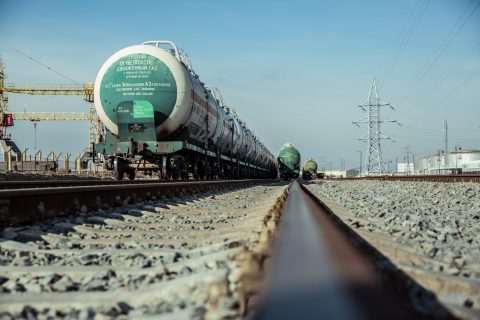Controversy grows over China’s BRI investment in Pakistan

China has allegedly rejected a Belt and Road investment plan proposed by Pakistan. The proposal targeted adding more components to the China-Pakistan Economic Corridor (CPEC) project. The Pakistani Ministry of Planning Development & Special Activities denied the rejection and responded that “these claims are factually incorrect and misleading”.
According to Nikkei Asia, an Asian financial newspaper, China turned down Pakistan’s suggestions to add more projects to the CPEC corridor, such as a 500-kilovolt transmission line that could reach its southern port in Gwadar. The Gwadar port will connect to the Chinese city of Kashgar in Xinjiang through a massive railway line under the CPEC investment. This railway line will provide inland western Chinese cities direct access to the harbour in the Arabian Sea.
Despite Pakistan rejecting allegations of a possible Chinese withdrawal from certain investments, it cannot be argued that the CPEC project experiences difficulties at this stage that could justify such action. The problem does not lie solely in financing disagreements since every investment project entails negotiations and mutual compromises in the implementation process. In this case, the issue appears to be even more profound and politically oriented, adding to the already practically challenging construction of the Gwadar-Kashgar railway line.
Political and operational difficulties
Political instability in Pakistan concerns the Chinese government. China’s involvement in national matters in the context of BRI has resulted in some extremist reactions. For example, in August this year, 23 Chinese citizens working for the port of Gwadar were attacked by a Pakistani separatist group in a convoy.
As if that wasn’t enough, operational challenges and infrastructure development hurdles for the Kashgar-Gwadar railway are still in place. Pakistan’s mountainous terrain on the border with Afghanistan and China creates obstacles in the construction work. At the same time, the general condition of the country’s railway network requires upgrading to make this railway line operational.
All those challenges create uncertainty regarding their possible impact on the Kashgar-Gwadar railway and the CPEC investment as a whole, which, by the way, is worth over 50 billion US dollars. Pakistan remains optimistic: “CPEC projects have already been implemented, and more projects are planned in these areas in the future,” claimed the Pakistani Ministry of Planning Development & Special Activities.
Also read:





